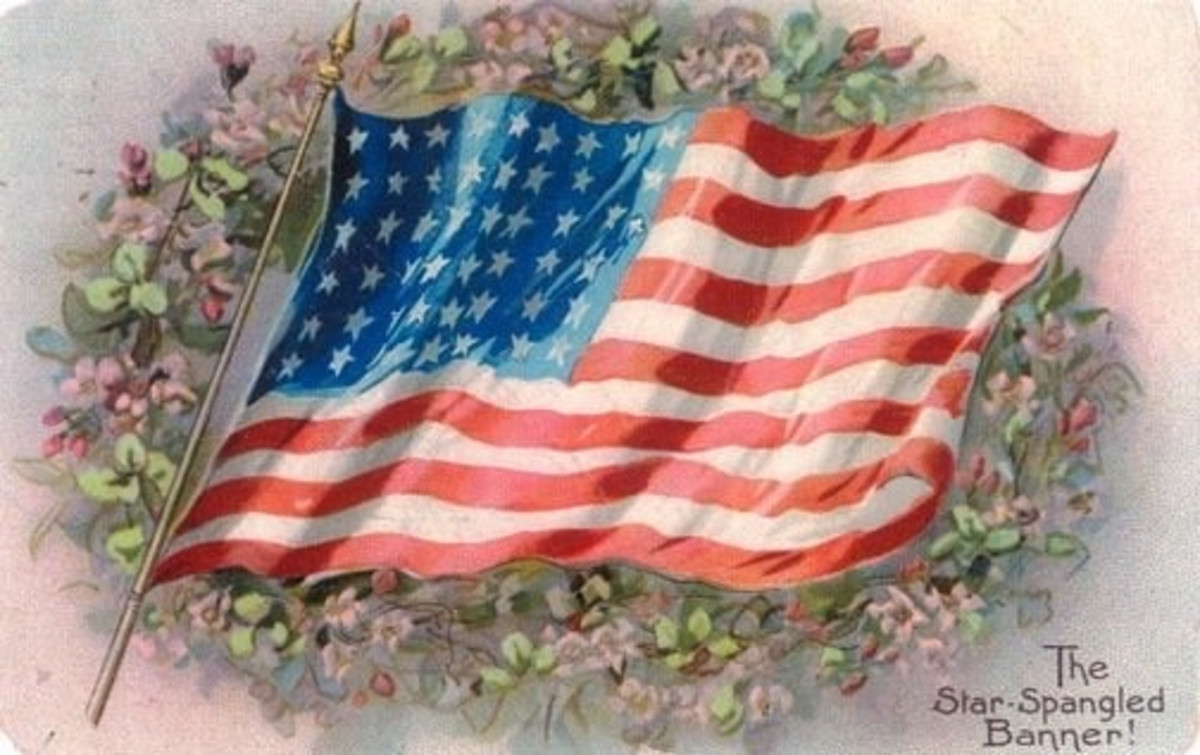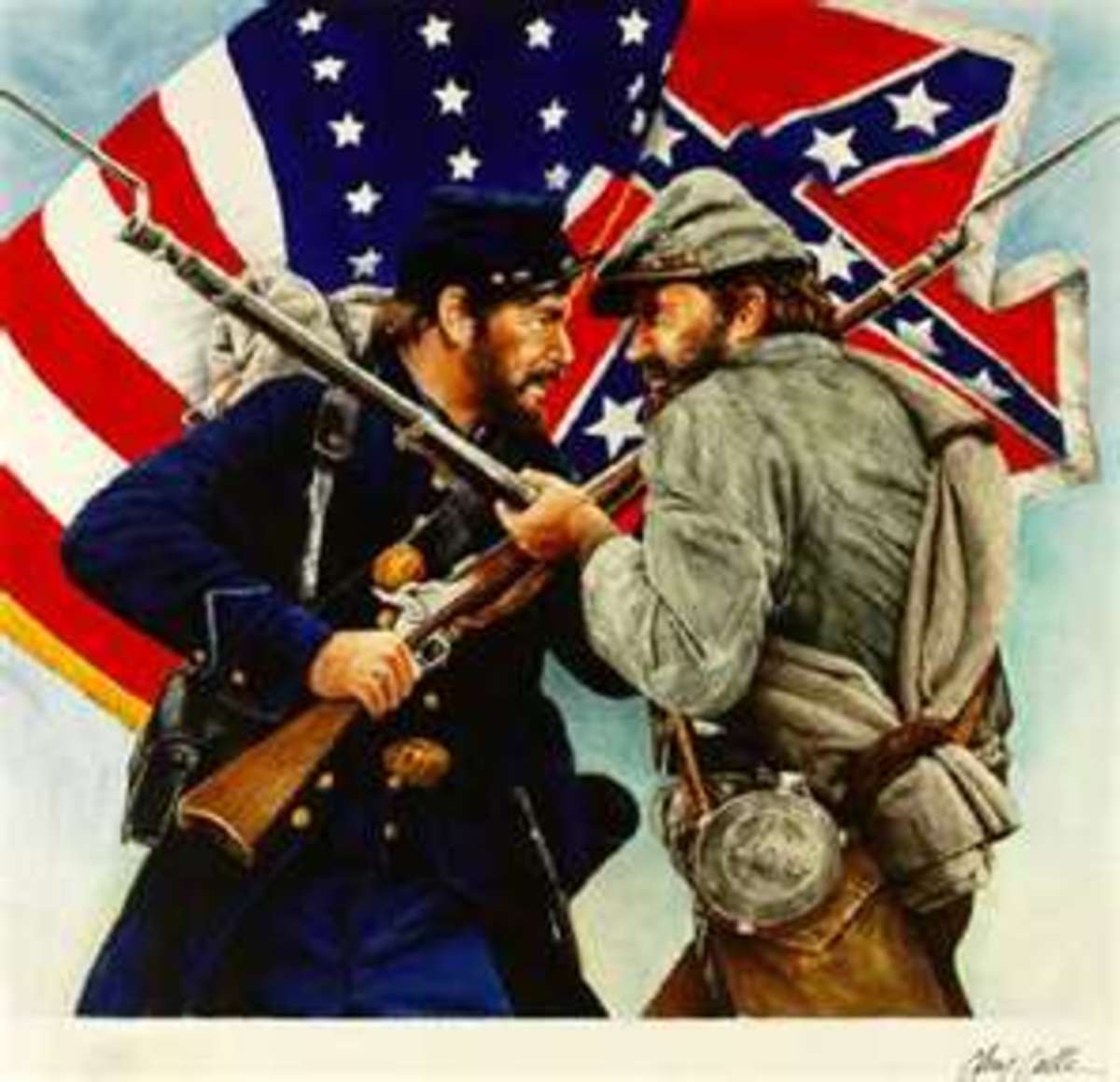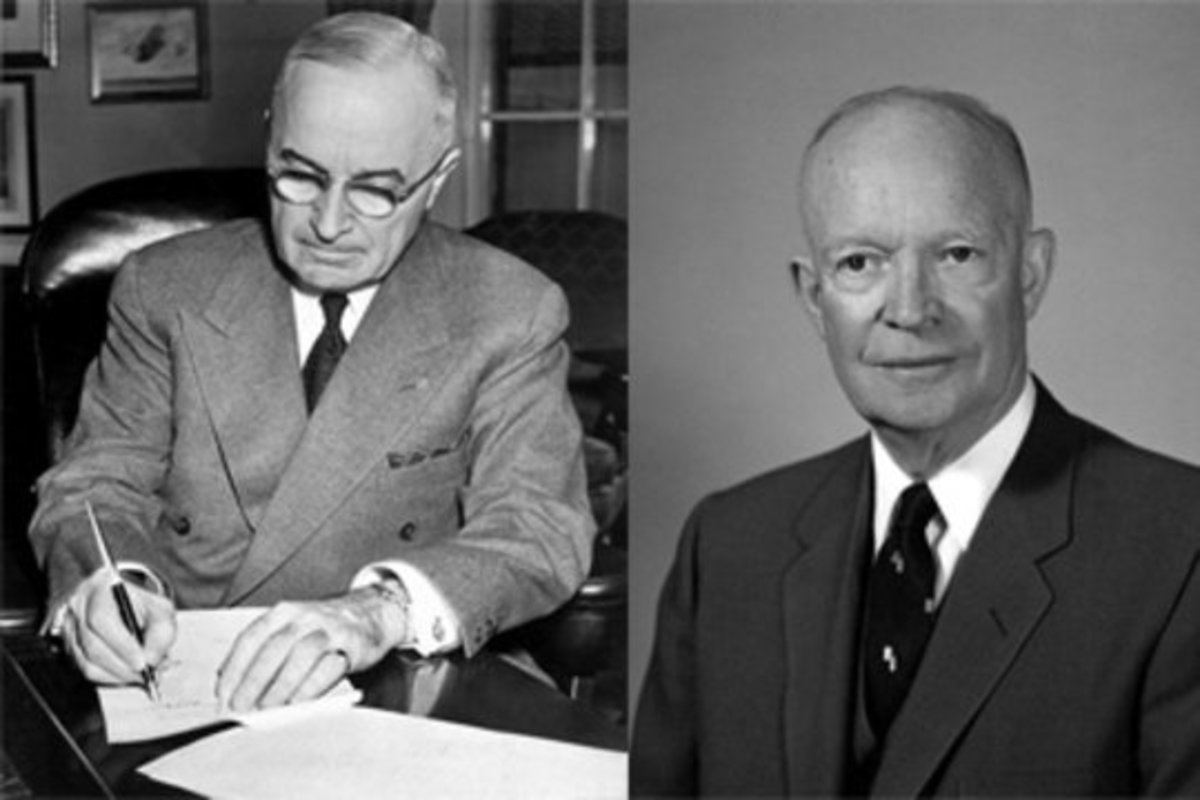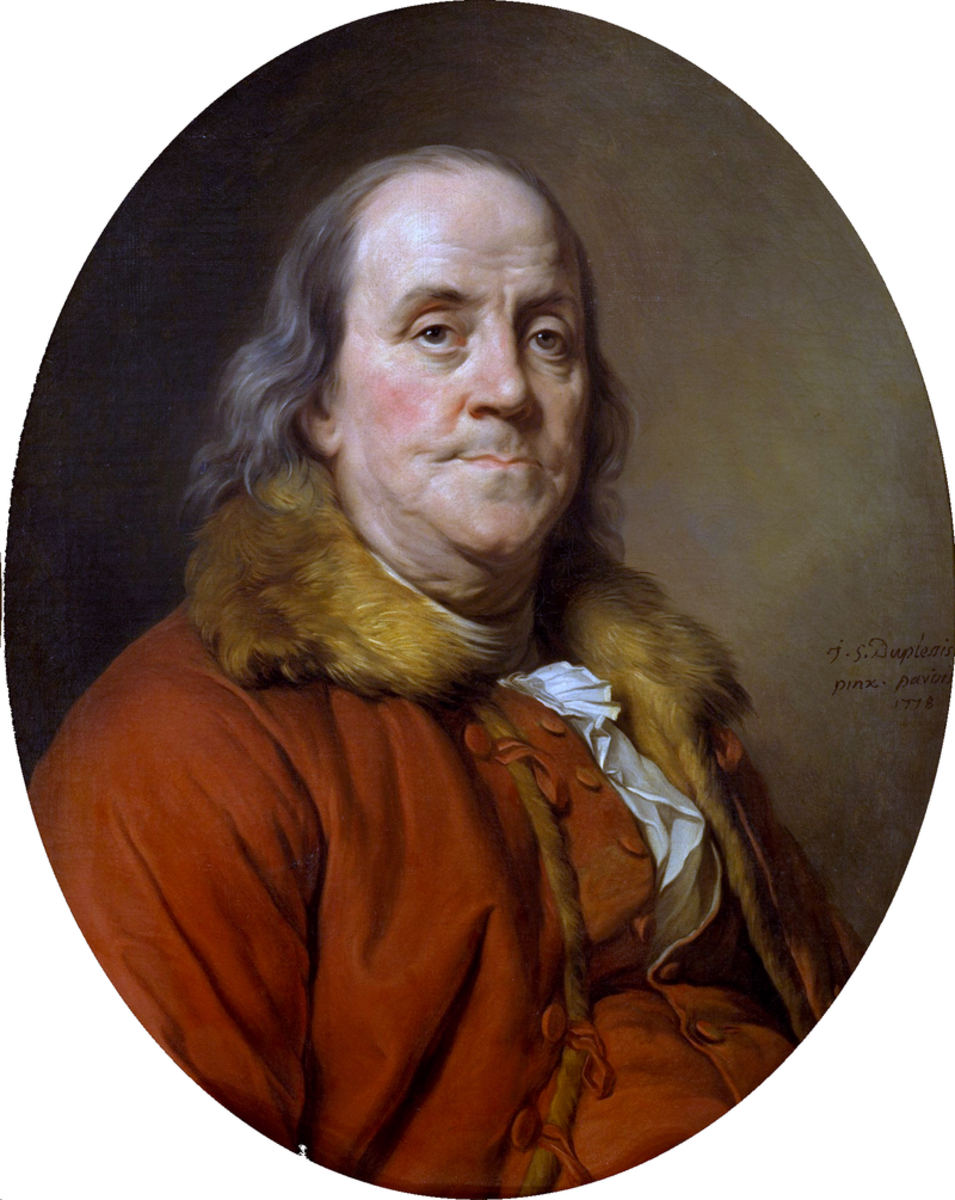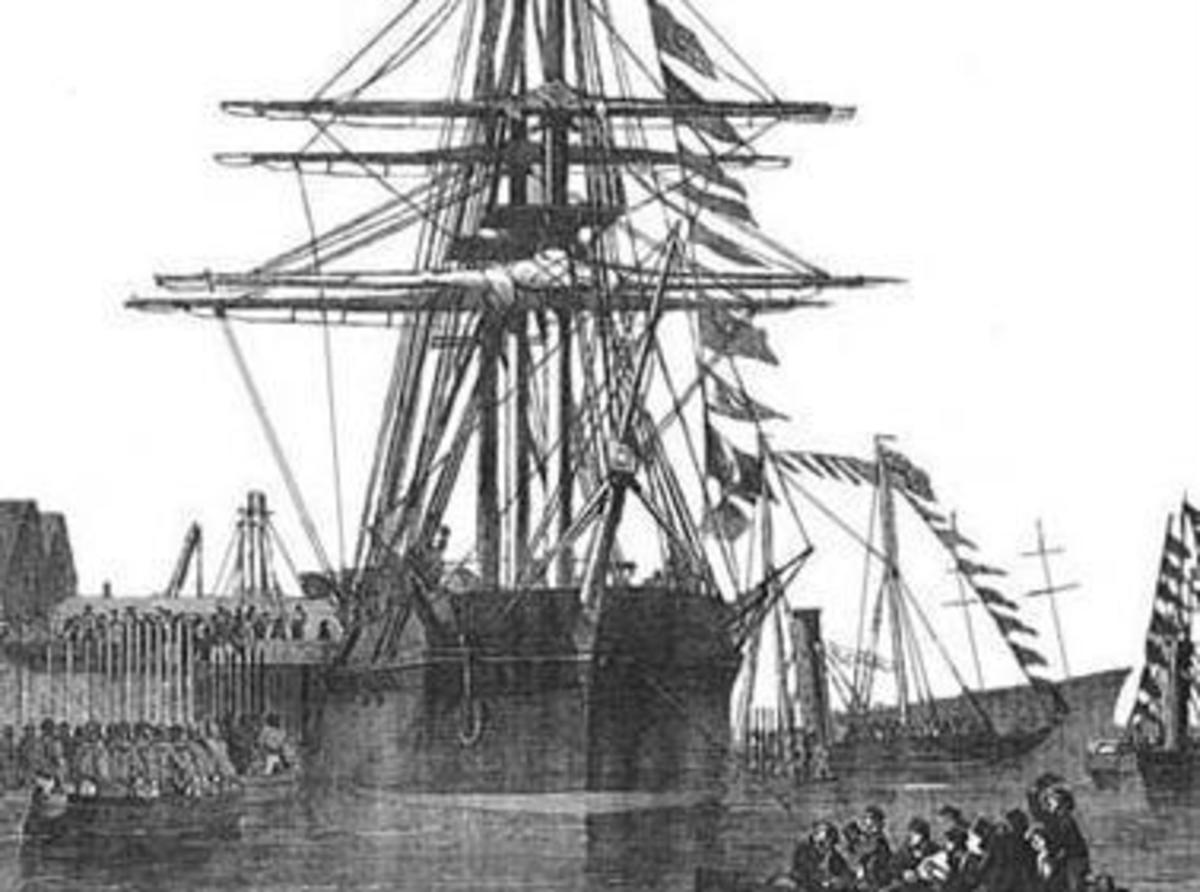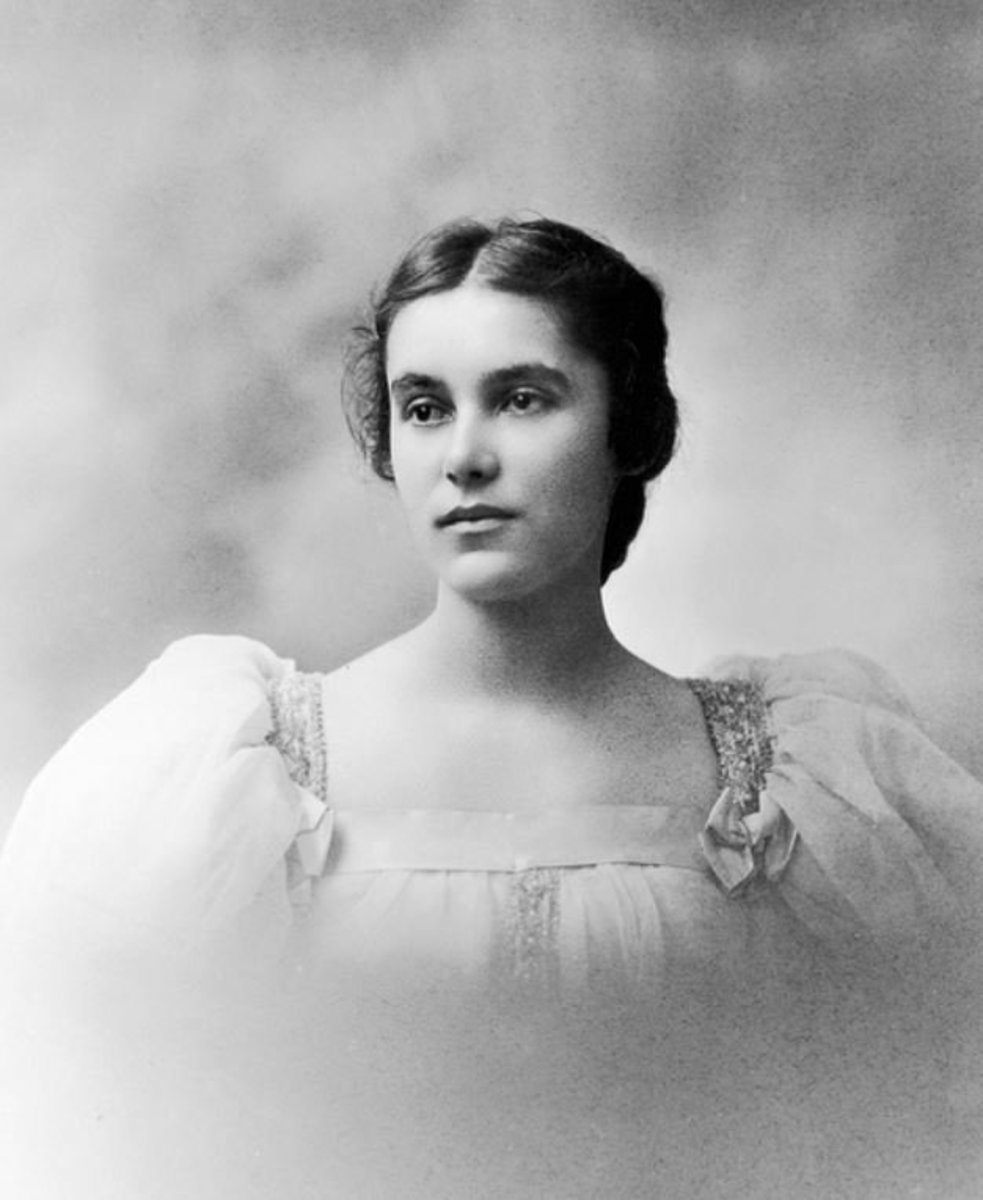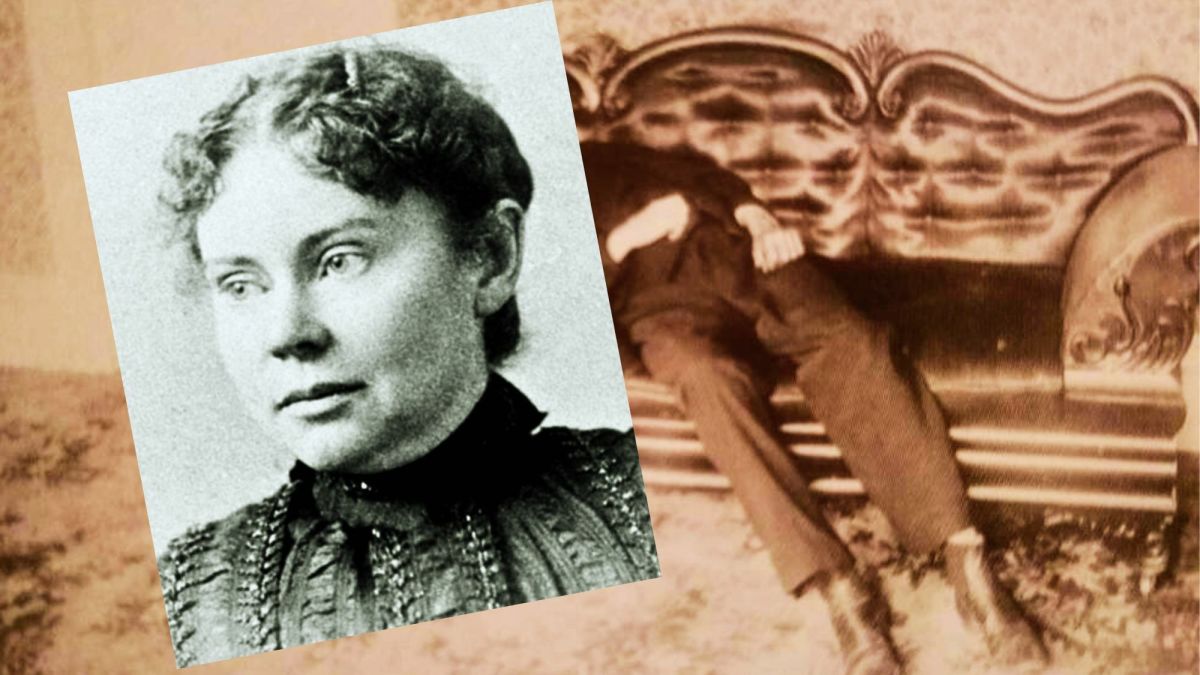- HubPages»
- Education and Science»
- History & Archaeology»
- History of the Americas
The Barbary Pirates: America's first war with Islam

This war on terror isn't America's first war on Islam. In fact, our battles with the Muslims goes back to the early days of our great Republic. The American Colonies had just broken away from the protections of the powerful British empire. The British navy offered protection to the merchant vessels of her colonies, which kept the thieving pirates of north Africa from seizing American ships,plundering their cargo, and enslaving their men. When America was under the control of the British empire, her ships were issued British passes that were backed by treaties between Britain and the North African nations. These passes gave American shipping free reign throughout the Mediterranean Sea. America was no longer afforded these protections, and the young nation had to find the means to protect herself against these pirate scoundrels.
*NOTE: YOU CAN CLICK ON SOME OF THE PHOTOGRAPHS FOR LARGER IMAGES
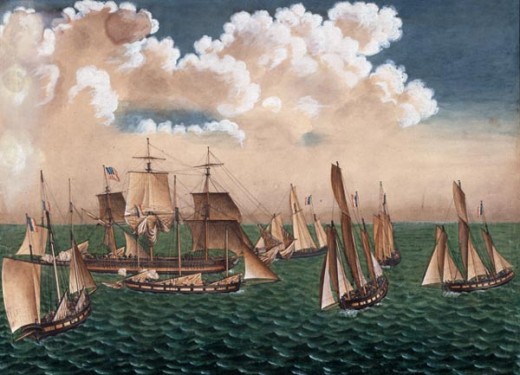
Morocco Captures the Betsey
The first American ship to be captured by Muslim pirates was the Betsey. Moroccan pirates seized the ship off of the coast of Spain in 1784. Shortly after Great Britain recognized the independence of the colonies in 1783 through the Treaty of Paris. Spain intervened on behalf of America to secure the release of the Betsey's captain, crew and cargo. This goodwill gesture by Spain was designed to gain a valuable ally against Great Britain in the New World. Morocco agreed upon the release of the captain and crew, and paid restitution for the ship and any cargo that was lost. They also requested that America send a peace negotiator in order to draw up a formal treaty between the two countries

Algerian pirates capture the Dauphin and the Maria
Three months after the release of the Betsey, Algerian Pirates seized two more American ships. One ship, the Maria, was taken off of the coast of Portugal. The other ship, the Dauphin, was taken off the coast the Spain. The combined crews of the two ships numbered 21 men, which were taken captive and put into slavery by the Muslim nation. It is reported that the men were chained and paraded before jeering crowds on there way to the Algerian leader. The leader then spit on them and is quoted as saying:
"Now I have got you, you Christian dogs,you shall eat stones"
When in London, Thomas Jefferson and John Adams met with Sidi Haji Abdul Rahman Adja, the resident ambassador for Algeria. They asked the ambassador why the Barbary nations were so hostile to the new republic. This is the answer that they were given which they reported back to the Continental Congress:
The teachings of the Koran lead to America's first war against Islam
"that it was founded on the Laws of their Prophet, that it was written in their Koran, that all nations who should not have acknowledged their authority were sinners, whom it was the right and duty of the faithful to plunder and enslave; and that every muslim who was slain in this warfare was sure to go to paradise. He said, also, that the man who was the first to board a vessel had one slave over and above his share, and that when they sprang to the deck of an enemy's ship, every sailor held a dagger in each hand and a third in his mouth; which usually struck such terror into the foe that they cried out for quarter at once."


The Dey of Algiers, a founding father of the Constitution
This barbarianism is what led to the adoption of the U.S. Constitution. It was the First war on Islam that caused the colonies to surrender their independence to a centralized government in America. This Government was developed to provide for the common defense of the colonies. "In an indirect sense," wrote the historian Thomas Bailey, "the brutal Dey of Algiers was a Founding Father of the Constitution."
After several years of ransom payments, finally the United States decided to refuse payments to the pirates of Algiers. The United States built 6 naval warships by this time, and President Thomas Jefferson was ready to provoke a war with the Barbary nations. The Dey of Algiers obliged and declared war on the United States in 1801. Jefferson sent War ships to the middle east immediately without a declaration of war from congress. One year later Congress did issue the Act for Protection of Commerce and Seamen of the United States Against Tripolitan Corsairs, which served as an act of war.

The Philadelphia captured and destroyed
The War on Islam did not start out smoothly. The great American warship Philadelphia was captured by Tripoli along with it's 300 crew on board when it ran aground while blockading the Muslim port during October 1803. It's capture presented a great threat for all other merchant vessels in the Mediterranean Sea, as well as opposing war ships.
Knowing this threat the United States sent out a daring raid that set the Philadelphia ablaze while it was anchored in harbor. Britain's Lord Nelson calls the raid "the most bold and daring act of the age" while Pope Pius VII credits the U.S. Navy for doing "more for the cause of Christianity than the most powerful nations of Christendom have done for ages."

William Eaton leads the Marines to the shores of Tripoli
In a daring raid William Eaton along with 10 US marines, 200 Christian mercenaries, and 200 to 300 Muslim mercenaries sacked Darna, the second largest port city after Tripoli. Eaton led a mercenary army composed of Muslims and Christians from Alexandria, Egypt some 500 miles to Darna. Eatons army had the support of warships USS Argus, USS Hornet, and USS Nautilus under the command of Master Commandant Isaac Hull. The fighting force battled sand storms, extreme heat and hunger on their journey across the deserts of north Africa, as well as near mutinies caused from rifts between the Muslim and Christian soldiers. When the force finally arrived, Darna refused surrender and put up heavy resistance. Eaton finally took the city thanks to his naval support, but an army of 4000 reinforcements led by Hassan Bey counter attacked from Tripoli. Eaton was able to use Darma's fortifications and his fleets cannon fire to repel the attack and force the retreat of the army of Hassan Bey. The military victory secured a peace between the U.S. and the Barbary nation, but America would not be done with it's first war against Islam.
The Victory by the Marines in Tripoli was historic for several reasons. First, it was the first time that the America flag was raised in victory on a foreign battlefield. Second, it brought about the adoption of the Mamaluke sword by the marine corps. And finally, it is commemorated in the marine hymn by the verse "and the shores of Tripoli"

Peace or serious disaster
The war quieted down until Algiers decided to take advantage to the growing tentions between the U.S. and Great Britain. The U.S. had to bring home some of its ships from the region to support her war against Britain and Algiers resumed attacking American merchant vessels. It wasn't until after the war of 1812 with Great Britain that America was able to finally bring the battle with the Barbary pirates to a conclusion. James Madison received a formal declaration of war from congress in April 1815. Then quickly sent out Stephen Decatur with a fleet of 10 war ships into the Mediterranean. After capturing two Barbary ships, the fleet sent word to the Dey of Algiers to declare a lasting peace or suffer a serious disaster. The Dey sided with peace and America won the first war against Islam. Before it's conclusion the war with the Barbary Pirates costed America some 700 men to captivity, 35 ships, and millions in ransom payments.
We are still at war with Islam - My view on the Current war on Terror


